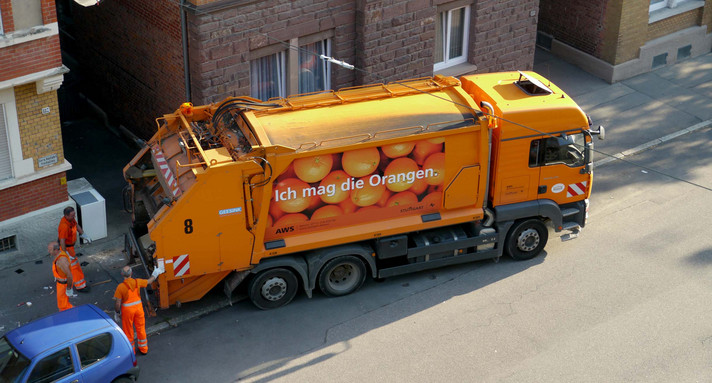Basic principles
Waste management is governed by EU law, federal German law, state law and community (regulatory) law. These provisions govern how waste, including in particular hazardous waste from households, commerce and industry, is to be properly disposed of.
In Germany, waste prevention and waste disposal are governed primarily by the new "Closed Substance Cycle Act". Whereas the focus was previously on waste disposal, today the overriding principle is the responsibility of the economy and of consumers for the production and efficient recycling of waste as a resource and the recirculation of material.
Product responsibility
The manufacturers and distributors of products are not only responsible for environmentally-sound development and production, but also disposal. The principle of product responsibility and the concept of recirculation embedded in the circular economy law is aimed at managing resources through reduced quantities of waste and recycling waste as efficiently as possible.
As part of a comprehensive product responsibility policy, industry and manufacturers are required to consider the entire life cycle of their products. This means that products should be designed so that the materials and substances used can be returned safely to the economic cycle after use or – as a subsidiary objective – can be disposed of in an environmentally sound manner. The overriding objective however is to avoid waste.

